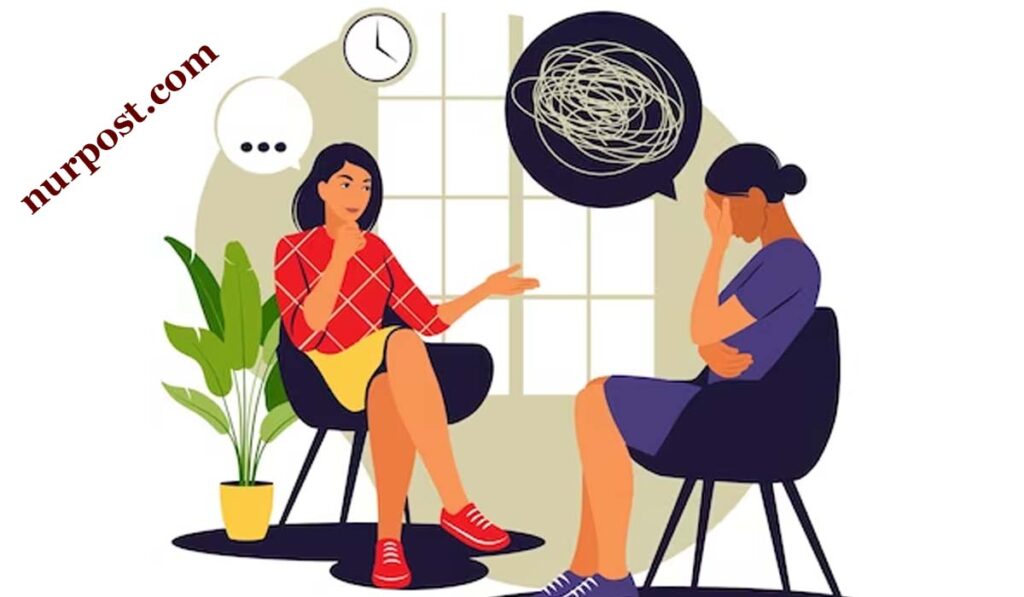Top Signs Your Mental Health is Getting Worse Taking care of your mental health is just as important as looking after your physical well-being. Just like any other aspect of your health.
Top Signs Your Mental Health is Getting Worse
It’s essential to be aware of the signs that may indicate your mental health is deteriorating.
By recognizing these signs early on, you can take the necessary steps to seek support and prevent further decline.
In this article, we will explore some of the top signs that your mental health may be getting worse, providing you with valuable insights to help you take proactive measures for your well-being.
Persistent feelings of sadness or emptiness
One of the key indicators that your mental health is deteriorating is when you experience persistent feelings of sadness, hopelessness, or emptiness.
If these emotions linger for an extended period and interfere with your daily life, it may be a sign of depression or another mental health condition.
It’s important to pay attention to these feelings and seek professional help if needed.
Changes in sleep patterns
Disruptions in your sleep patterns, such as insomnia or excessive sleep, can be an indication of declining mental health.
Insomnia may manifest as difficulty falling asleep, staying asleep, or waking up too early. Conversely, oversleeping can also be a sign of depression or other mental health disorders.
Maintaining a consistent sleep routine is crucial for your overall well-being, so if you notice significant changes, it’s worth discussing with a healthcare professional.
Increased irritability or agitation
If you find yourself becoming more irritable or easily agitated without a specific cause, it could be a signal that your mental health is worsening.
Heightened irritability is often associated with conditions like anxiety, depression, or even bipolar disorder.
It’s important to pay attention to your emotional reactions and address them promptly to prevent further distress.
Social withdrawal and isolation
A sudden or gradual withdrawal from social activities or relationships is a common sign of declining mental health.
If you find yourself canceling plans frequently, avoiding social interactions, or feeling uncomfortable in group settings.
It may be an indication that you are struggling emotionally. Isolation can exacerbate mental health issues, so reaching out to trusted friends, family, or mental health professionals is crucial for support.
Difficulty concentrating or making decisions
Impaired concentration, difficulty focusing, or making decisions are often associated with declining mental health.
You may find yourself feeling overwhelmed by even simple tasks, experiencing memory lapses, or having trouble staying organized.
These cognitive difficulties can be related to anxiety, depression, or other mental health conditions. Seeking help from a mental health professional can assist in managing these challenges effectively.
Changes in appetite or weight
Fluctuations in appetite and weight, whether a significant increase or decrease, can indicate deteriorating mental health.
Stress, depression, or anxiety can disrupt your normal eating patterns, leading to emotional eating or loss of appetite.
These changes can impact your physical health as well, so it’s crucial to address them promptly.
Conclusion
Prioritizing your mental health is essential, and recognizing the signs that it may be deteriorating is a crucial first step.
If you identify any of the signs discussed in this article persistently and they begin to interfere with your daily life, it’s important to seek professional help.
Remember, seeking support is a sign of strength, and with the right guidance and treatment.
You can take control of your mental well-being and embark on a journey toward improved mental health and overall happiness.
